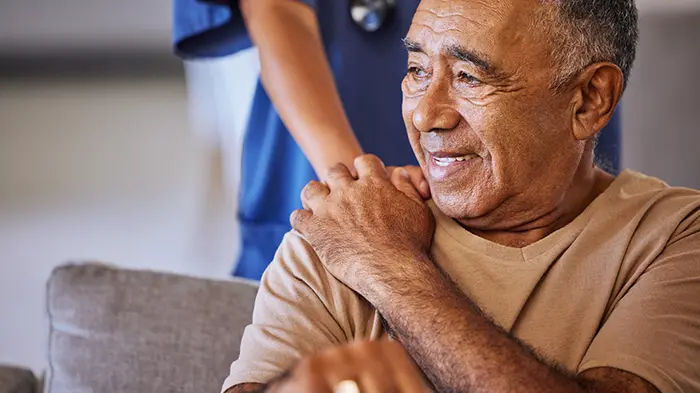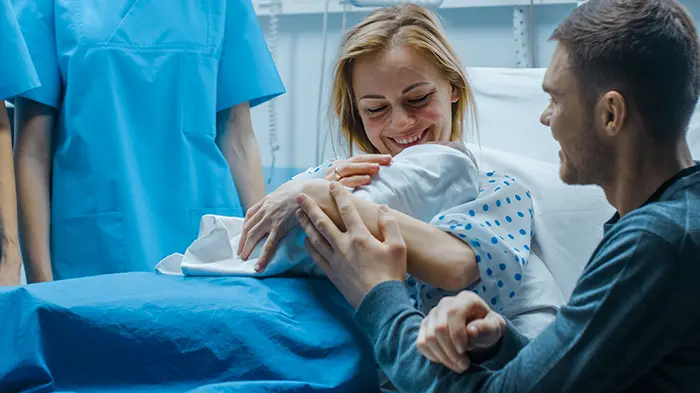Safety and Precautions
Nothing is more important to us than the safety of our patents, visitors, and staff. Please see our rules around bringing certain items and our no smoking policy below. Thank you for helping us to keep our hospital safe.
Balloons and Flowers
Latex balloons are not allowed in the hospital. Silk flowers are preferred over real flowers because some patients may be allergic to real flowers. Mylar balloons and flowers (fresh cut, artificial, and dried arrangements) are not allowed in intensive care units, recovery rooms, operating rooms, newborn nurseries, labor and delivery units, or oncology and transplant units.
Electrical Appliances
For the safety of all patients and employees, the use of non-hospital electrical appliances, such as hairdryers, is restricted to battery-operated devices only. These devices may not be recharged in the hospital. If you have any questions, please speak with your nurse.
No Smoking Policy
NewYork-Presbyterian is a smoke-free environment. Smoking, including using electronic devices and vapes, is not allowed in hospital buildings, at entrances, or on outside grounds such as gardens, courtyards, and parking areas.












